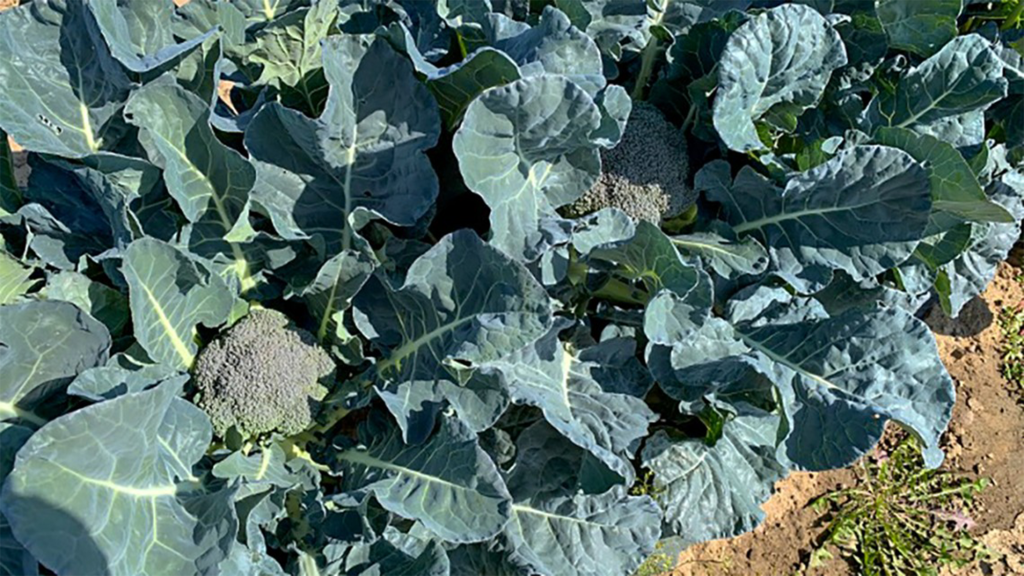Love it or loathe it, broccoli is one of the most popular vegetables in the United States. However, this staple vegetable can be as finicky as a picky eater when it comes to its growth. It is a temperate crop that likes cooler nights and predictable weather in order to thrive. Both of these conditions are getting much harder to come by due to climate change.
To solve this, a team from Cornell University and Dutch seed company Bejo Zaden developed a new hybrid broccoli called Northstar. It can withstand the warmer and more unpredictable conditions, expanding the regions where this important vegetable can grow.
Currently, about 90 percent of broccoli in the US is grown in California. More frequent wildfires and extreme weather is putting sustainable production at risk.
“With broccoli, you’re typically restricted to temperate areas with more moderate growing conditions and cooler nights,” Phillip Griffiths, a Cornell AgriTech plant breeder, said in a statement. “Improving broccoli varieties that are more resilient to heat and environmental stress can drastically expand the agroecological zones for production.”
Broccoli grows well in warmer climates, but Northstar was bred to thrive in cooler places such as New York, New England, and Quebec. This versatility could help fill regional demands for broccoli.
According to Griffiths, Northstar also provides a new model for how plant breeders in the public and private sectors can work together by combining “parental materials.” He said that the breeders are like chefs, that bring their own individual breeding approach and a desire to put their own spin on the final product.
For Northstar, Cornell and Bejo each contributed a parent plant. After 12 years of development at Cornell AgriTech, Griffiths sent the plants to Bejo breeder Cees Sintenie in 2012. The Cornell line was developed in variable New York growing conditions and selected for genes that allow normal development despite warm nights. These traits are generally absent in commercial broccoli breeding programs. With the Cornell plants, Sintenie and others at Bejo worked for another 12 years to pinpoint the promising new combination.
“It represents a fusion of longer term, public breeding efforts with the private sector efforts,” Griffiths said. “The Cornell parent was more focused on environmental resilience and theirs on commercial quality, but in the end, the combination of these efforts resulted in something that will benefit people in the Northeast, the East Coast and beyond.”
[ Related: How to properly wash fruits and vegetables. ]
Bejo tested the Northstar variety at the company’s research facility in Geneva, New York. Currently, a trial with growers from southern New Jersey up to the northernmost counties of Maine is concluding, with the broccoli headed to market.
Jay Collier, vegetable crop manager for Kludt Brothers Farms in Kendall, New York, reported that their test crop has held up, even during an exceptionally hot and dry year. Northstar’s longer stem also makes it easier to harvest and produces a higher-grade bunch. Collier also added that he hasn’t seen any hollow stems, which typically makes broccoli unmarketable.
“It’s a learning experience for everyone involved,” Collier said. “None of us know how it will respond until we try.” Collier also plans to plant it again next year, possibly on a larger scale.
Bejo breeder Cees Sintenie said that he anticipates that Northstar will be a commercial success. “It’s a variety with a good adaptability to heat stress, it makes a vigorous, healthy frame and produces a nice head,” Sintenie said. “It especially stands out in warmer years … it’s a unique variety.”

